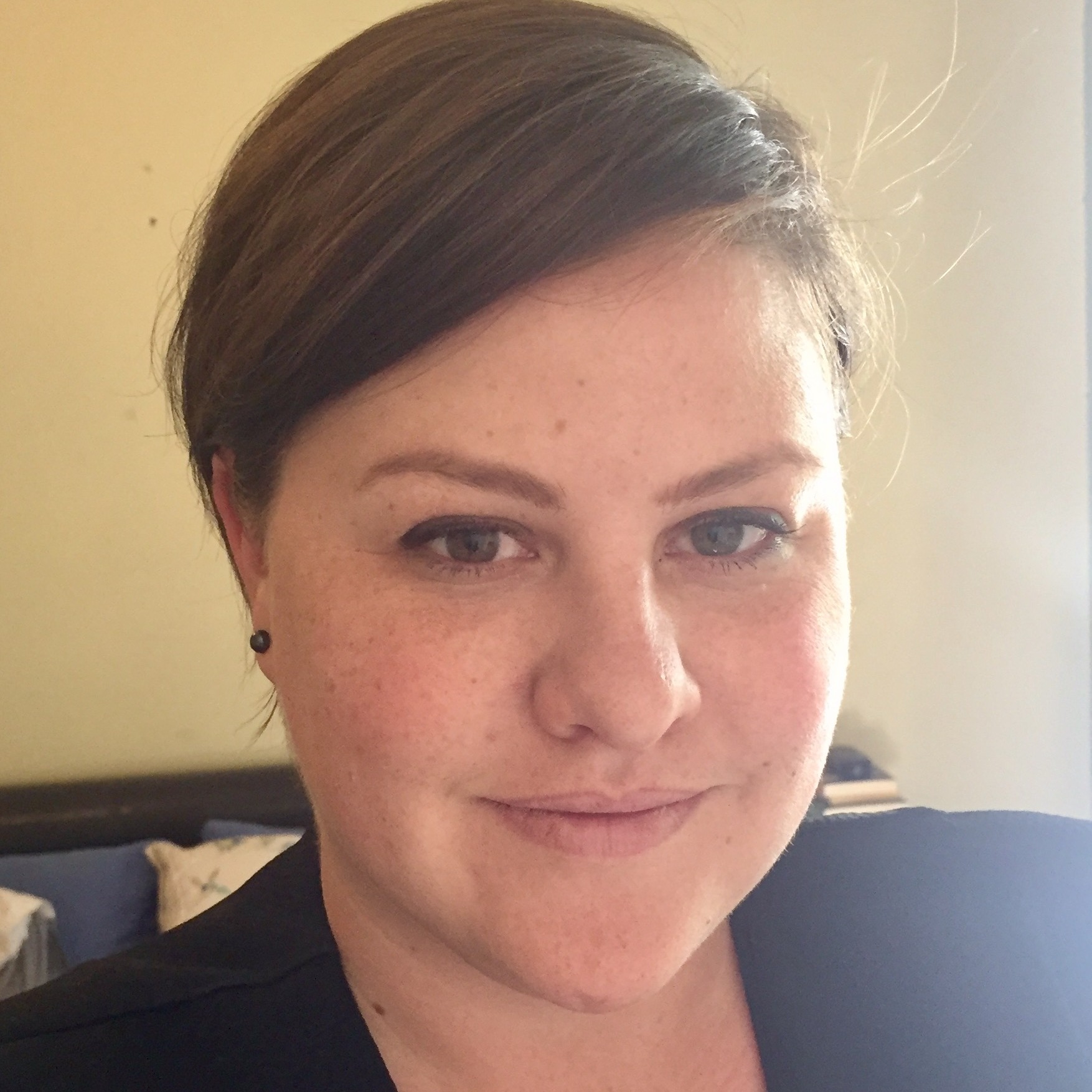“Students of the future are often students of history,” Futurist Graeme Codrington told attendants of the inaugural Finance Indaba Africa 2016, during his presentation on 14 October 2016. They study moments of change and disruption in history to understand what underlies huge disruption in our present age. Graeme – an international speaker, consultant, and best-selling author who has built a career out of preparing companies for change – believes that the echoes of the past, the ones that were present at the last major social renaissance, are present in the world today, and companies fail to heed them at their peril.
[cfocoza-cta slug=finance-indaba-africa-2019-register-for-free]
For Graeme, one of the most telling historic disruptions was the fall of pre-Renaissance banking dynasty, the Medicis. Despite being a huge, multinational (in today’s terms) offering banking to some of the biggest names of their age, the Medicis failed to see the change coming their way – the precursors of the stock exchanges model. In ignoring what was going on “at the edge of their empire”, he argues, the Medicis assured their own destruction. Likewise, companies that are failing to adapt to the growing pressures and influences of digitalisation will find themselves on the wrong side of history. “History doesn’t repeat itself,” he said, “but it does rhyme.”
“I don’t think it is a stretch or consulting cliché to say, we live at the beginning, the dawn, of a new renaissance. There is chaos. This isn’t easy. But what this means is that the rules for success and failure are changing. You’ve built this amazing organisation, but what if you are the Medicis, it’s the 1550s, and there is someone opening a shop at the edge of the empire”
This is why Graeme and the team at TomorrowTodayGlobal undertook research into the “DNA” of the biggest disruptors in global business today – including Google, Samsung, Tripadvisor and more – to see how every company can adopt some of their methods.
The results can be encapsulated in a list of attributes these companies all share. These are:
- Personalisation
- Automation / Artificial Intelligence
- Ease of use (design)
- Mobile first
- Social/sharing
- Gamification
- Remove the agents
- Constant upgrades
Not only do the companies have these traits, but their application of them is changing the expectations we as consumers have of businesses.
According to Graeme, the mobile phone is the printing press of our renaissance. It is the way to give “more information to more people, cheaper and faster” than ever before. It is also a perfect example of how personalisation needs to be done in a product or company. “No two phones are alike,” he explained. “And that becomes my expectation that I have with every company in the room. If I can personalise my phone, why am I getting a one-size-fits-all from a company?”
He offers the example of banking: If you are already a customer, why should’nt have to fill in a form providing your name, your banking details, or how long you’ve been with the bank? Addressing the crowd, Graeme said: “You make it ridiculously difficult to do business with you in the financial space. If you say you don’t, and you are lying.” Personalisation is the solution to this.
“What happens when we personalise? We empower consumers who feel known and connected. This is what I think big data is for. What is it for, if it isn’t about personalisation?” Rather than market segmentation that groups people into groups, Graeme believes we should be aiming for a group of one. “You are one in seven billion. If we get this right, then I can predictively deliver of something of value to you before you even ask for it.”
Graeme believes that how companies get personal is a question for teams as well as management.
“It’s a parenting concept. We know that we must treat our kids differently according to what they need. Why not do this in our businesses?”
Secondly, Graeme looked at the automation example. To his mind, we won’t be replaced by machines, but have to learn to partner with them. “When you partner with computers you can do things – like personalisation – at scale and speed.” This is part of a tactic that will see companies developing a personal touch for thoe clients who want it, and great systems for those who don’t.
Graeme urged all the attendants to consider how often they offer updates. Like apps that are constantly updating, we need to create teams who exist solely to update our offerings and make them better. Part of that, he argued, is changing thinking to an innovative mindset, and accepting that experimentation and failure is a necessary part of this.
“What do you think you need to do to bring this mindset of constant change and upgrading to your company?” he asked.
Talking to CFO SA after his presentation, Graeme makes the point that to really enact change we need to continue to “drip feed” this message to staff. This might be in the form of update videos, like those he makes available to clients, or in the kind of content that organisations like CFO create, to reinforce the learnings beyond a single event.








